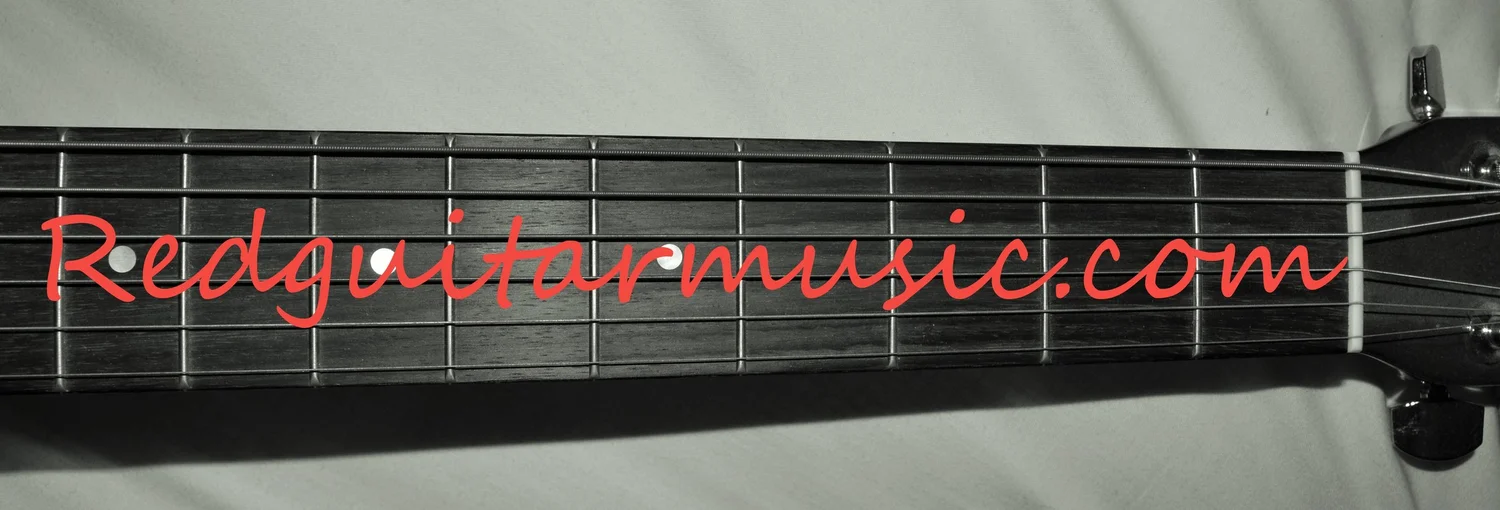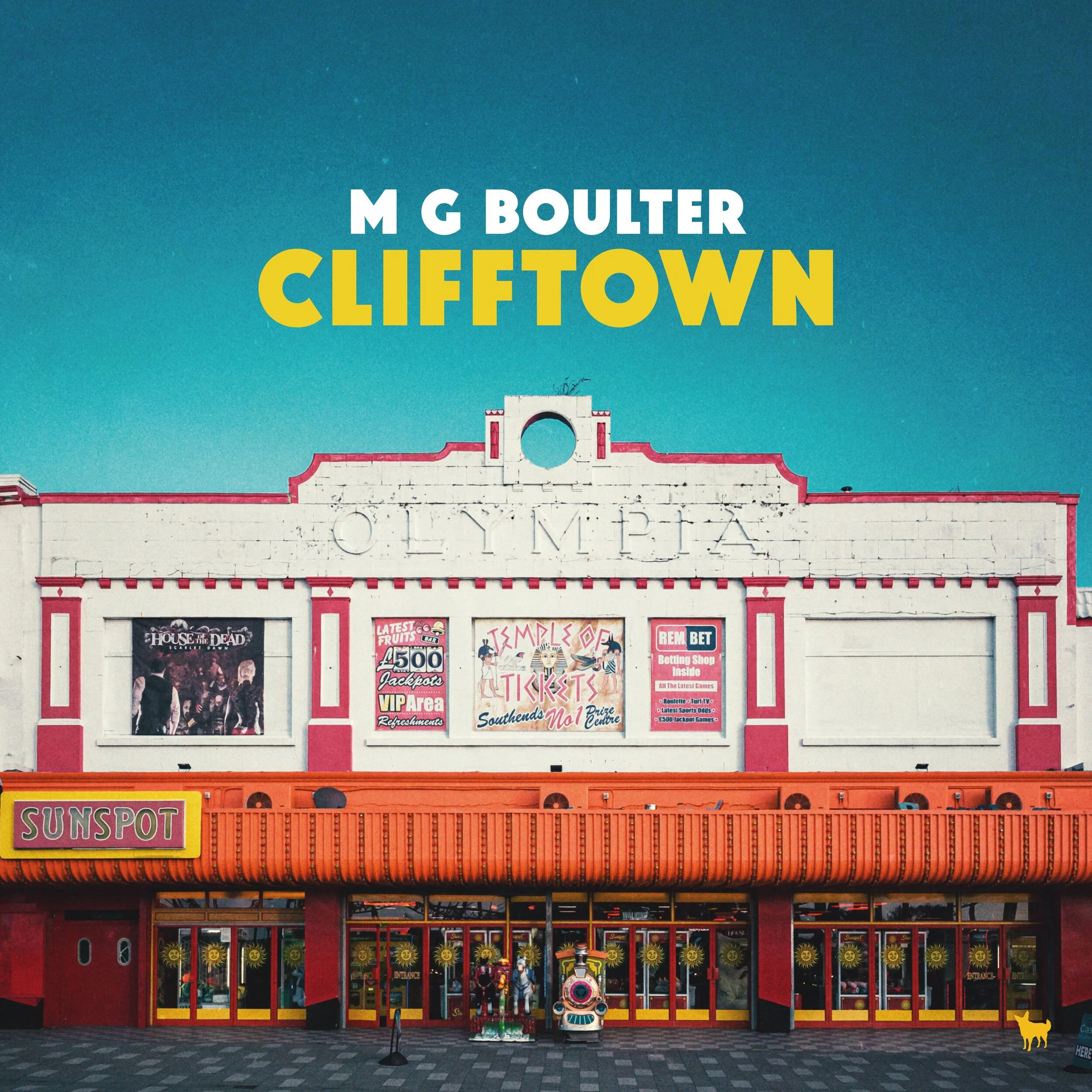John Hinshelwood - Called Back (the poems of Emily Dickinson) (Album Review)
For his sixth solo release Scottish singer and songwriter John Hinshelwood has taken a different approach to his craft inspired by the poems of Emily Dickinson (1830-1886). The reclusive Dickinson, who wrote almost 1800 poems during her lifetime, conducted most of her correspondence with the outside world via letter, especially after she retreated to her bedroom in later life. The sheer volume of Dickinson’s work was not discovered until after her death and she is now considered one of the finest American poets of her generation. John Hinshelwood readily admits that his connection to Dickinson was initially limited to a mention of her in a Paul Simon song, but the purchase of a volume of ‘Selected Poems’ would spark an interest that would become an obsession (in a good way).
‘Called Back’ features eleven adaptations of Dickinson’s poems and a further three instrumental passages that complement Dickinson’s work. Working with some of the very best musicians from both sides of the Atlantic Hinshelwood has taken a wide-ranging approach utilising elements of folk, Americana, soul and jazz to bring her words to life via musical genres with deep roots in Dickinson’s homeland.
The album opens with a lovely instrumental piece ‘I Breathe’ where John’s acoustic guitar is joined by Dave Currie on Dobro and Laura-Beth Salter’s mandolin. The gentle interaction between the trio is the ideal intro for ‘The Sun’ which features a full band arrangement and John’s relaxed vocal is augmented by Cathryn Craig’s harmony as Colin MacFarlane adds gentle lap steel colour to an arrangement that feels pastoral and almost English if not for the reference to a “dominie in grey”. Laura-Beth Salter returns for ‘Beauty and Truth’ and is joined by Jeri Foreman on fiddle to put a folky spin on a typically dark Dickinson tale (Dickinson’s work often related to death, immortality and spirituality but Hinshelwood and his fellow musicians never fall into the trap of sounding maudlin).
Built on David Bowden’s double bass and James Steele’s gentle tenor sax flurries the relaxed and jazzy ‘To See Her’ is up next but unfortunately is gone far too soon giving way to ‘Hunger’ which ups the pace just a little as Texas-based singer Barbara Nesbitt takes on harmony duties and Tim Black peels off a beautifully languid guitar solo. The addition of Steve Forman’s vibes and a subtle flugelhorn/tenor sax combination colours ‘The Return’. The arrangement here is especially fine. Bowden’s double bass underpinning layered acoustic guitars while it's Mairi Orr's turn at the mic for the vocal harmony. Alex Sharples’ trumpet ushers in ‘Hope’ one of many very pleasing contributions to the record from a founding member of Glasgow big band collective Fat-Suit. Despite, or possibly because of, the various musical influences utilized by Hinshelwood and his fellow musicians it’s very easy to get lost in ‘Called Back’ nowhere more so than during ‘The Wind’s Visit’ where the addition of Alex Sharples’ trumpet is again quite wonderful.
The care that Hinshelwood has taken to find just the right instrumental combination and vocal partner to deliver the perfect harmony shines through alongside an obvious love and respect for the words of Emily Dickinson. Scholars have struggled for over a century to interpret Dickinson’s often oblique prose - usually delivered with bewildering sentence structure and punctuation - that has left many scratching their heads. Hinshelwood has married the words and the overall tone of her delivery by either stripping back the musical accompaniment or expanding into full band arrangements, sometimes taking a string band approach or exploring the use of horns to add a touch of jazz. Fans of the poet and John Hinshelwood will find much to enjoy on ‘Called Back’ while anyone else who appreciates well-crafted music constructed with time and care will find much to enjoy. If this, in turn, opens the way for Emily Dickinson to reach a few more readers then I’m sure John Hinshelwood will feel his job here is done. I, for one, feel a newly acquired compulsion to visit my local book store.
Called Back is available now via Littleroots Records and the following links will direct you to John’s site and a source for more info on Emily Dickinson.














One of the positive aspects of running Red Guitar Music is that you encounter all manner of different musical genres that you wouldn’t necessarily find on your own. The RGM Inbox is positively overflowing with the good, the bad and, yes, the ugly (although something we find unlistenable is probably the best thing in the world to someone). One example that falls squarely in the good category of pleasant surprises is The Happy Couple, discovered on a recent visit to London’s Green Note, where the duo opened for Dimple Discs labelmate Kelsey Michael.